
Tigerlily
Latest Content



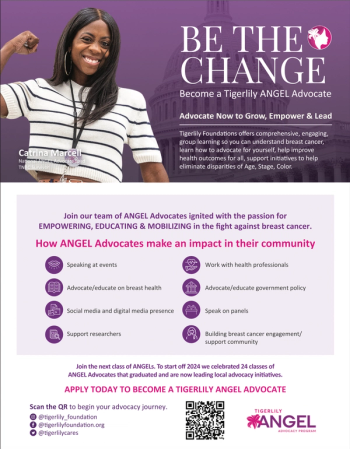

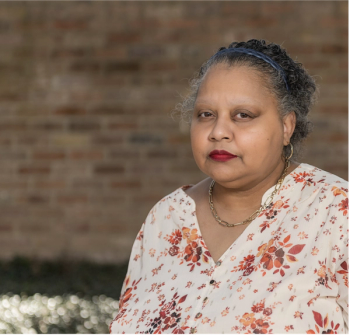
Some patients are forced to deal with “infuriating” attempts at exploitation while navigating their disease.

Michelle Anderson-Benjamin, who received a diagnosis of metastatic breast cancer in 2022, works as a death doula to provide end-of-life support to patients and their families.
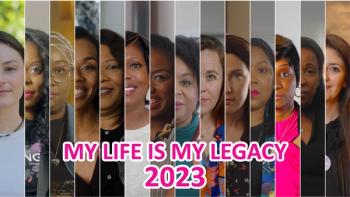
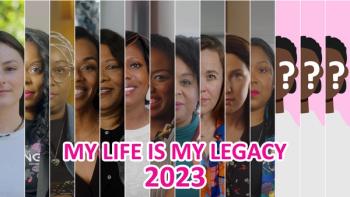
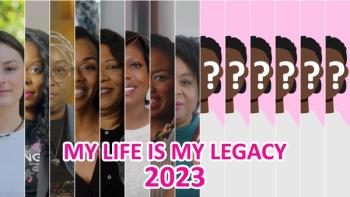
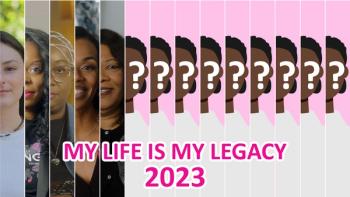

“We have to make it known to people that we are not just a patient,” said Michelle Anderson-Benjamin, CEO of the Fearless Warrior Project, who received a diagnosis of metastatic breast cancer in 2022.
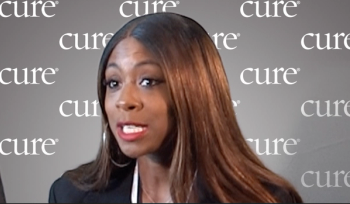
A triple-negative breast cancer survivor discussed disparities she faced when undergoing cancer care.

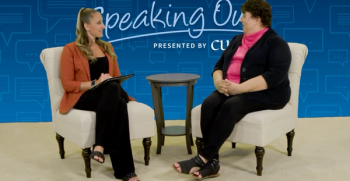
As part of its Speaking Out video series, CURE spoke with Marla Sustin, from University Hospitals Seidman Cancer Center, about the differences between genetic and genomic testing in breast cancer care.
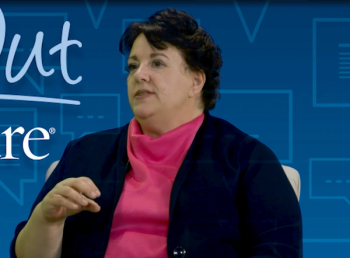
As part of its Speaking Out video series, CURE spoke with Marla Sustin, from University Hospitals Seidman Cancer Center, about personalized therapy in breast cancer care.
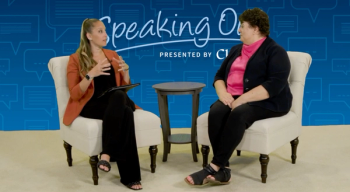
As part of its Speaking Out video series, CURE spoke with Marla Sustin, from University Hospitals Seidman Cancer Center, about side effect management in breast cancer care.

As part of its Speaking Out video series, CURE spoke with Marla Sustin, from University Hospitals Seidman Cancer Center, about prognostic and predictive outcomes in breast cancer, and the options available as a result.
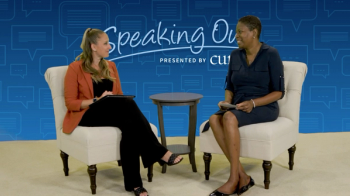
As part of its Speaking Out video series, CURE spoke with Juanita Miller, an ANGEL Advocate from the Tigerlily Foundation, about fear of recurrence after breast cancer.


The Tigerlily Foundation and Guiding Researchers and Advocates for Scientific Partnerships (GRASP) November conversation focused on what it means to have “Cancer While Black: Moving Past the Medical Mistrust Impact."

The Tigerlily Foundation and GRASP presents a conversation with Dr. Tisha M. Felder on what it means to have “Cancer While Black: How Trauma, Fear, Generational Pain & Mistrust Impact Breast Cancer.”

The Tigerlily Foundation and Guiding Researchers and Advocates for Scientific Partnerships (GRASP) November conversation was co-hosted by keynote speaker, Mr. Shawn Johnson, a medical student in the Pathways M.D. program at Harvard Medical School, and our patient experts, La’Kesha Jackson-Gordon, LaTayla Palmer, Tova Parker, Na’Diah Smith and Temi Omaghomi.

“Cancer while black” is a metaphor for what it means to live while Black in America carrying the historical trauma of systemic and structural racism across generations.
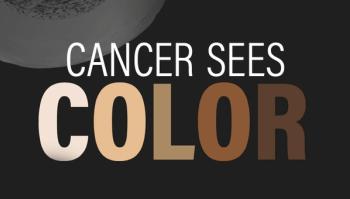
Black and Latino patients are more likely to receive a diagnosis of and die of cancer than White patients. How can we end this disparity?

We are proud of our ANGEL Advocates who are leading through example as we mobilize nationally and globally to #StayHome. Read their blogs to learn more about what they’ve been doing during these uncertain times.